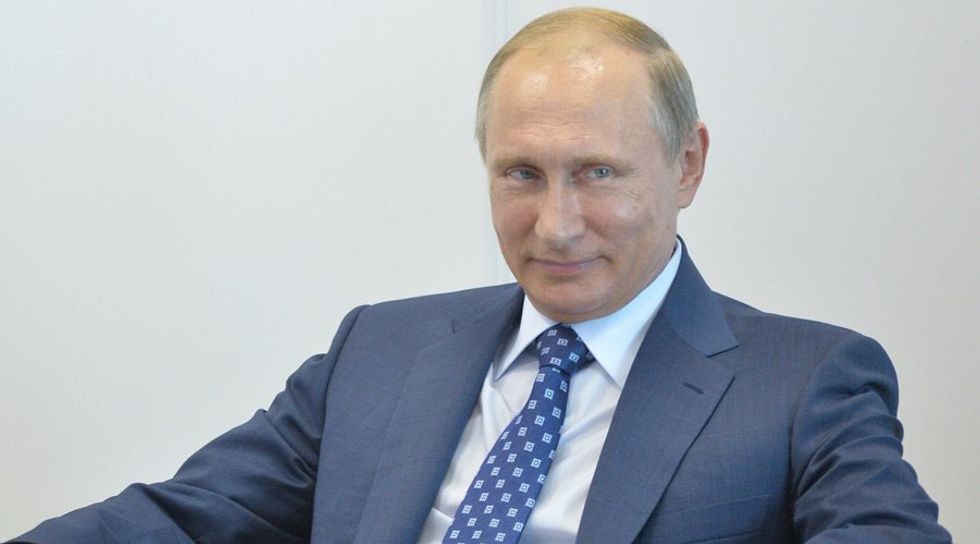Here we are again, readers. It's been too long, actually. I know that we haven't taken a look at this guy in awhile, but it's time to break the hiatus. It's time to talk about Trump (again). I know you've heard the news: Donald Trump (finally) released a statement regarding his (long-awaited) stance on foreign policy. Interestingly enough? It's not actually about other countries. "America first." Two words, a lot of history, and a big mistake.
Let's start by looking at the definition of foreign policy. The Business Dictionary defines foreign policy as a "Plan of action adopted by one nation in regards to its diplomatic dealings with other countries. Foreign policies are established as a systematic way to deal with issues that may arise with other countries." Trump's stance, however, seems to be an anti-foreign policy. In fact, it recalls the attitude of isolationism that America has taken in the past. "Is that a good thing or a bad thing?" Oh, sweet, naive readers. Let's take a blast to the past.
The year is 1940. America is anti-war. Europe was entangled in the Second World War. Franklin Roosevelt was slowly convincing America to give support to the Allies. Some groups, however, were completely against this idea. Groups like the America First Committee, made famous by Charles Lindbergh. Not only is the group adamant that America should stay out of the war even if it looks like England is losing, but they are anti-Semitic and defeatist. Had America given into such isolationism, we never would have entered the war. Make your own judgments about what would have happened next.
America has a very complicated, on-off relationship with isolationism. But they are currently on a long, long, long break. Let's just say that it would be much better for America that it stays that way. By switching back to isolationism, we would lose the support of our allies. If we promise to not support our allies, they won't stay for our allies. Essentially, we would be abandoning our allies. After World War I, the League of Nations lost steam when its creator (America, led by Woodrow Wilson) reverted back to isolationism. Who knows what sort of effect the League of Nations would have had in the mistakes that led to World War II. Still don't believe that "Lyin' Don" is headed down the wrong path? Well, let's look at who else agrees with him.
Who's that? Why, that's Vladimir Putin. Yes, it is the fearless leader of Russia. Russia is not exactly known for being a close friend to the Republican party. But interestingly enough, Putin and Trump seem to believe that they would be great friends. The GOP does not condone the actions of the Russian state and the budding friendship between Trump and Putin seems to call into question Trump's loyalty to GOP values and the Republican party in general.


























